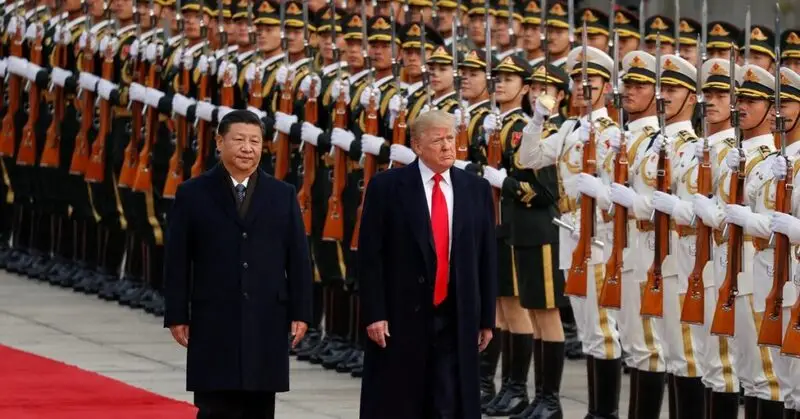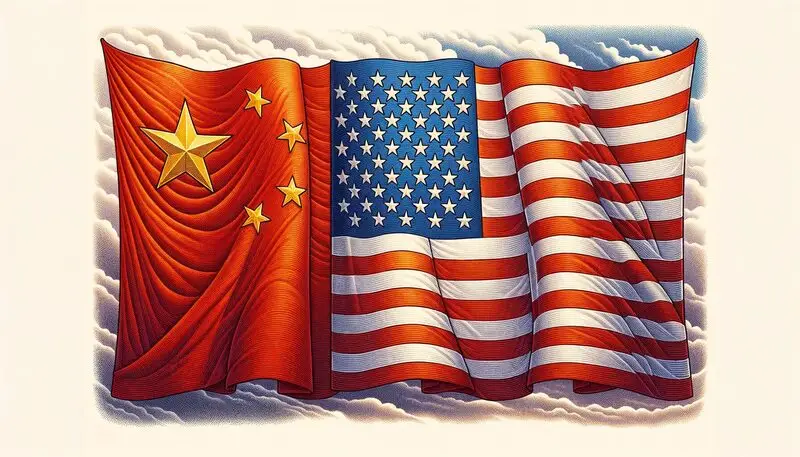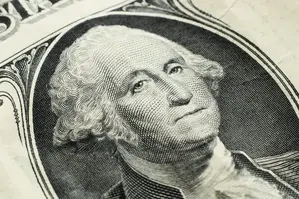In what is yet another critical development of the ongoing trade conflict, China has announced it will waive its 125% tariff on US ethane imports. Indeed, the nation had enacted the waiver earlier this month to ease pressure placed on Chinese companies, sources told Reuters.
The waiver is yet another facet of the ongoing tariff war taking place between both sides. Amid increased uncertainty, the global economy is looking for any signs of de-escalation between both sides, with worries of a US-China trade war brewing.
JUST IN: 🇨🇳🇺🇸 China removes 125% tariff on US ethane imports.
— Watcher.Guru (@WatcherGuru) April 29, 2025
Also Read: Bessent: China Must Act to End Trade War—Tariff Relief Hinges on Beijing
China Expands Tariff Exemptions on US Imports as Trade War Fears Persist
Since early April, the world has been confronted with growing geopolitical tensions between the United States and China. The former announced a sweeping America-first tariff plan on nearly all countries. Subsequently, China’s reciprocal action saw them face import duty increases of up to 245%.
Now, global markets are anxiously awaiting any sign of decreasing tensions between the two sides. In what is a major development, China has reportedly removed its 125% tariff on US ethane imports. Specifically, sources told Reuters that the waiver took place in recent days, although it has yet to be publicly announced.

Also Read: Apple to Source all US iPhones from India, Pivots Away from China
The ethane imports join a growing list of recent tariff exemptions that have been placed on US goods. Specifically, it joins pharmaceutical, aerospace, and semiconductor products that have received similar exemptions. The nation has removed these tariffs as it attempts to navigate the economic impact of the brewing trade war.
In 2024, China purchased a record 492,000 barrels of ethane from the US per day. Altogether, the second-largest economy in the world was responsible for buying nearly half of all the ethane that the United States exported. In 2025, the US Energy Information Administration projected those exports to increase to 530,000 barrels per day.






